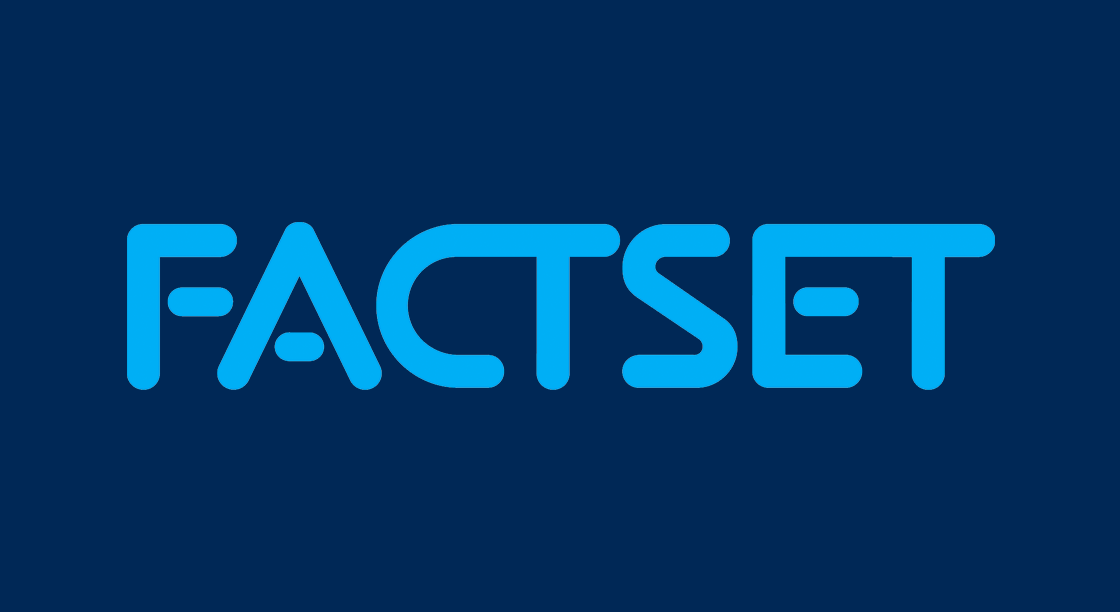
Each month, FactSet's Regulatory team offers a rundown of the most important developments in compliance and regulatory news. Read on to see which stories dominated the conversation last month.
Marine Hutinel and Nels Ylitalo contributed to this article.
The information contained in this article is not investment advice. FactSet does not endorse or recommend any investments and assumes no liability for any consequence relating directly or indirectly to any action or inaction taken based on the information contained in this article.

SEC Adopts Amendments to the Names Rule under the Investment Company Act of 1940
On September 20, 2023, the U.S. Securities and Exchange Commission (SEC) adopted amendments to Rule 35d‑1 (the “Names Rule”)...

Demystifying the SEC’s Latest Update to the FAQ of The Marketing Rule
The SEC Marketing Rule was put in place to modernize marketing requirements for investment advisors. The latest update to the...

Uncovering Climate Transition Risk in EU Sustainable Finance Regulation
Sustainability (ESG) risk is a broad new regulatory concept prevalent in EU financial services regulation. Specifically, climate...
The information contained in this article is not investment advice. FactSet does not endorse or recommend any investments and assumes no liability for any consequence relating directly or indirectly to any action or inaction taken based on the information contained in this article.